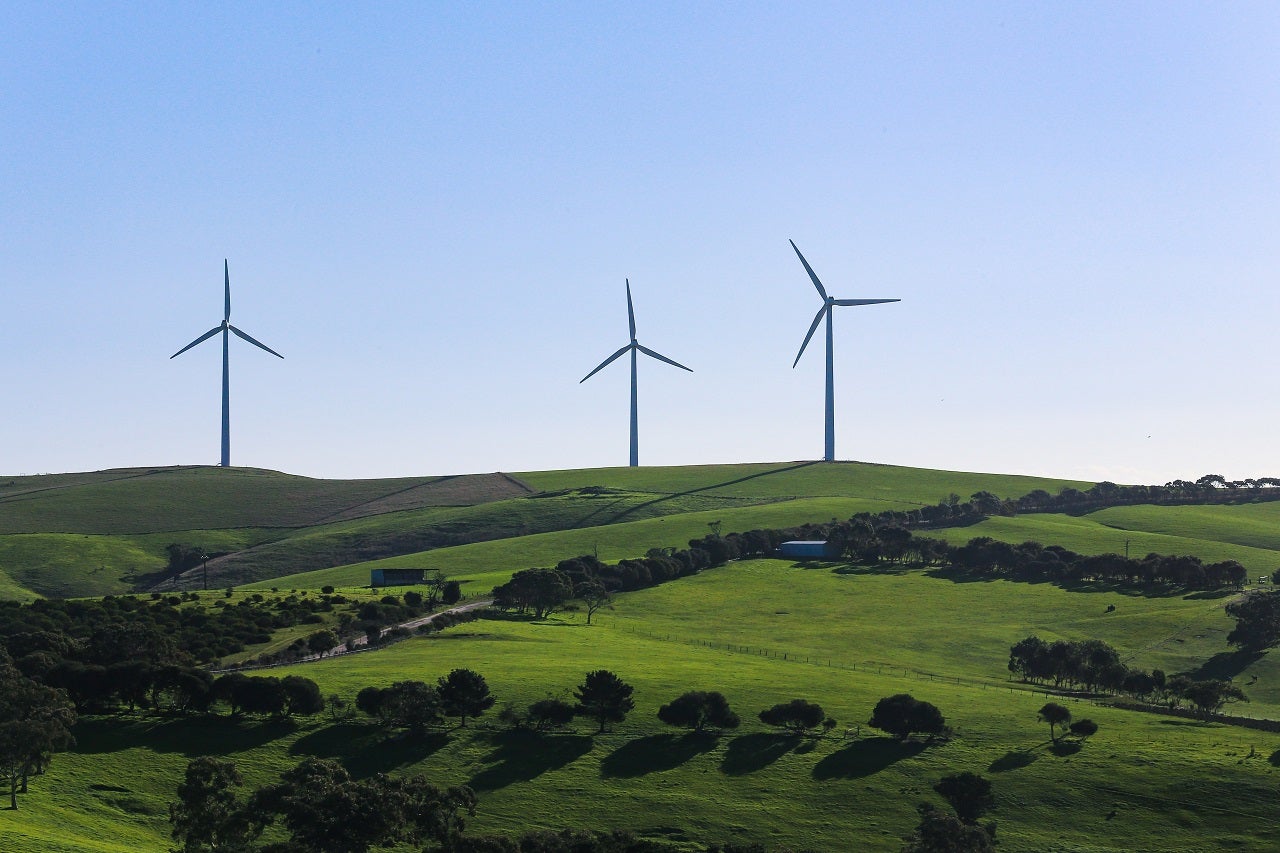
US-based technology company Google is reportedly planning to power its data centres and offices with carbon-free energy by 2030.
Google and parent company Alphabet CEO Sundar Pichai said the company now aims to use renewable energy at all times. While it currently covers its total energy use with power purchase agreements, the intermittent nature of its carbon-free power supply means it is effectively reliant on other forms of generation for some hours of the day.
Pichai was quoted by the news agency as saying: “The problem is so immense, many of us need to lead the way and show solutions. We’re one small player in this but we can set an example.
“To plan 24/7 hourly being carbon-free in our data centres and campuses around the world, we see an enormous logistics challenge, which is why we’ve been hard at work modelling the last year how to get there. And we feel confident we can get there by 2030.”
Last year, 61% of Google’s global hourly electricity usage was reportedly sourced from renewable energy sources such as wind, solar and other mediums.
In order to bridge this gap, a company statement said it plans make use of battery storage systems to store solar power overnight, as well as geothermal reservoirs and better management of power needs.

US Tariffs are shifting - will you react or anticipate?
Don’t let policy changes catch you off guard. Stay proactive with real-time data and expert analysis.
By GlobalDataAs of Tuesday, the company says it has used carbon offsetting to effectively eliminate its total lifetime carbon emissions. It has also set new goals, including investing in 5GW of renewable generation for its manufacturing plants. Google will also fund tree plantations for carbon offsetting, and share data with 500 governments to assist in cutting one gigaton of carbon emissions annually by 2030.
In addition to offsetting carbon emissions from its electricity use, Google aims to cut emissions created through its employee travel.
In another development, social media firm Facebook has set a target to achieve net-zero carbon emissions in all its operations by 2030.
Last September, Google announced that it will make the biggest corporate power purchase agreement in its history with the purchase of 1.6GW in renewable energy worldwide.



